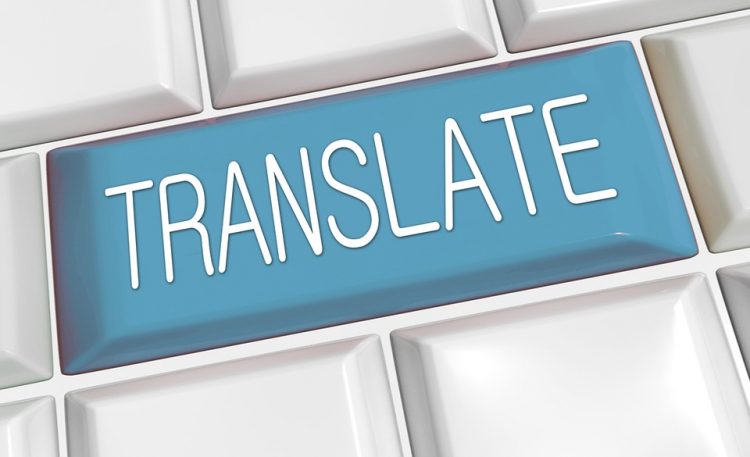When partnering with Russian translators for your business, you may have concerns about the cost of their services. If you do, don’t worry. Here is your guide to the cost of professional translation – and how various factors can impact that expense.

How Much Does Translation Cost?
The cost of translation varies from provider to provider and agency to agency. There are also numerous factors that determine and impact cost, all of which we will examine in greater detail to come.
The pricing structure of translation is usually per-word or per-document, with a few companies offering other pricing structures that make sense for projects in specific languages or related to specific topics. However, a per-word system is the most common and is what we will use in our examples here.
The average cost of Russian translation is between 10-25 cents per word in USD.
Why Does the Cost Per Word Vary?
You may notice that there is a large discrepancy in the cost of translation per word. While ten to fifteen cents’ difference may not seem like much, it certainly adds up quickly! But why is there such variation in pricing?
The biggest factor is the prevalence of the languages you’re working with. Common languages such as Spanish and English will be less expensive to work with since they are so widely spoken. This creates market saturation when it comes to translation services – driving costs down for you.
What Factors Impact Cost Per Word or Document?
While the complexity of a language and the differences between two languages can greatly impact the cost of translation per-word, there are other factors that can have equal or greater impact on the pricing of translation services.
For example, languages that are very popular or widely-spoken – regardless of their complexity – will have more translators working. This means that each translator can only command prices that are within direct competition with their peers, and the more peers they have, the lower the costs will be. That is why, for example, Spanish is so affordable when it comes to translation – despite its complexity and major differences from English and many other languages.
Languages with fewer working translators – such as Maori, Nordic languages, and others – will command higher prices per word or project. Thankfully, Russian falls right about in the middle of this average cost per-word spectrum.
How Does Quality Impact Price?
The phrase “you get what you pay for” is true of many industries, and it is certainly true of the field of translation. If you want a high-quality translation, you have to be willing to invest in it.
Don’t allow the allure of low-cost machine translation to tempt you; this kind of translation also equals lower quality. Stick with human translation and get a finished product that is worthy of representing your business – and worth the money you pay for it.
Ensuring Translation Quality
So, quality can impact price when it comes to translation – but how can you be sure that you’re getting great quality for the cost you pay? Every business will undoubtedly tout their quality as superior, so these tips will help you find the best quality services without bias:
- Look for certification and professional-quality credentials.
- Seek out the testimonials of previous clients.
- Ask to see examples of their work to vet them for yourself.
How Can You Ensure You’re Getting a Fair Price on Your Translations?
When you agree to pay the sometimes hefty costs associated with professional translation, you want to ensure you aren’t being charged unfairly.
- To do this, start by asking for a quote on the project you’re proposing. Compare that quote to the industry standards and/or quotes offered by other agencies or translators. If you have time to do this kind of comparison shopping, you stand to save a lot of money.
- Second, consider whether you might be asking more of your translator than they are capable of. If you are, they may be charging you more as a result. Many professionals tack on fees for larger or more complicated projects.
- Find out if there is anything you can do to receive a discount or simplify your translator’s work, resulting in lower costs.
Saving Money on Translation Without Sacrificing Quality
There are a handful of things that your team can do to keep the cost of professional translation under control. These things include:
- Compile multiple documents with lower word counts to avoid per-document surcharges or minimum fees.
- Ask about discounts on larger projects, especially if they are repetitive in nature.
- Be willing to wait longer if possible, as this will avoid rush charges.
All of this ensures better pricing on translation without compromising quality! Be sure to ask the translator or agency you’re working with about all of this and ask questions upfront to avoid confusion in pricing or services expected.




